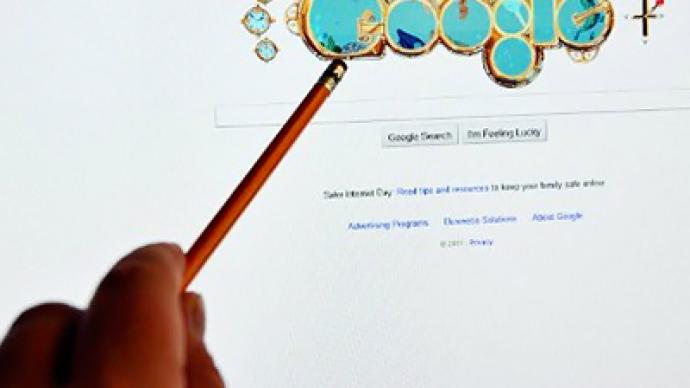Google shuts down millions of websites

Over 11 million websites have been blacklisted and banned by Google. A massive block of websites registered for free through the co.cc subdomain have been silenced after the Internet giants have determined many of them to be unfit for the Web.
Google’s Matt Cutts writes on his Google Plus account that the company has the right to pull the plug on sites if they “see a very large fraction of sites on a specific freehost be spammy or low-quality.” 11 million sites hosted on the free-host co.cc were banned as a result, after Google decided that a large chunk of the content was malicious or otherwise below par for their Internet standards.On Google’s Online Security Blog, the company’s Oliver Fisher writes, "Google’s automated malware scanning systems detect sites that distribute malware. To help protect users we recently modified those systems to identify bulk subdomain services which are being abused. In some severe cases our systems may now flag the whole bulk domain."The domain of .cc is revealed by The Register to have twice as many phishng attacks of other domain extensions, and its subdomain of .co.cc is to blame. On that subdomain, the company hosts 11,383,746 freely registered domains, now all blocked by Google.On his blog post, Fishes says that owners of a shut-down site should contact their subdomain provider if Google’s SafeBrowsing service shows it to be unsecure. From there, they say, they can use tools available through Google to help remedy the problem.Another Google worker, John Mu, writes, “If you feel that your particular site is in line with our Webmaster Guidelines, I would recommend submitting a reconsideration request. Additionally, if you use a subdomain on a widely used domain name, and feel that your subdomain provider is not up to par with regards to preventing and handling abuse quickly – be it webspam, phishing, or malware – you may wish to look into ways of remedying that.”Google doesn’t explicitly offer how to remedy that problem, however, and the company often takes weeks to process a reconsideration request. In the meantime, 11 million sites — malicious and not — have been blacklisted and blocked by Google worldwide.














